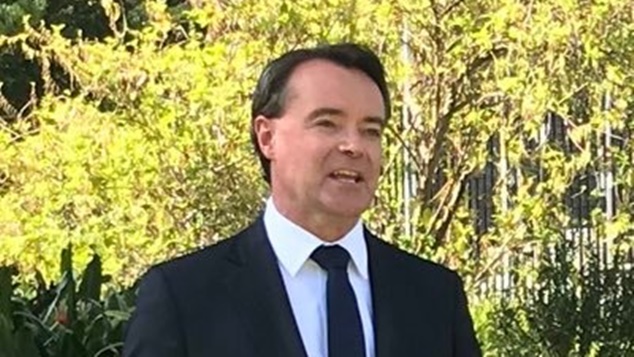
The Victorian Liberal opposition had allegedly quietly made a commitment to the Australian Christian Lobby and other religious groups that they would wind back the state’s laws banning conversion and suppression practices on sexuality and gender identity if they won the next state election.
The Age newspaper claimed a secret deal was made by former party leader Michael O’Brien. He was replaced earlier this month by former leader Matthew Guy, who won’t say if he intends to honour the deal made by his predecessor. Guy has told the media that he still needs time to consider his position.
It’s not clear what the precise commitments made to the Australian Christian Lobby were, and what parts of the legislation Guy was proposing to change.
Update: Former Michael O’Brien has spoken out about the newspaper claims labeling the story “a beat up”.
Taking to social media the former party leader said the Liberals had always supported the introduction of the introduction of the legislation but would have like to have seen several amendments made before it was passed. Guy said the party had proposed to revisit those amendments if elected to government.
“Our commitment was that amendments we moved to improve Labor’s flawed Bill – which Labor voted down – would be reintroduced should we be elected. These included measures to protect medical practitioners and parents. Every amendment we moved is on the record.” Michael O’Brien posted to Twitter, accusing The Age of reporting false information.
The report in The Age also shared that an attendee at a recent seminar held by the Australian Christian Lobby in Tasmanian noted that ACL leader Martyn Iles had told attendees that Matthew Guy had given the lobby group a written statement confirming their commitment to changing the legislation.
The legislation which was introduced in February this year has strict punishments, including jail time and large fines, for people or organisations who are found to be undertaking practices which are classed as attempts to change a person’s sexuality or gender identity.
Religious groups have argued that the legislation goes too far because it bans practices such as praying for people who are same-sex attracted or experiencing gender dysphoria.
The bill was passed through the state’s upper house with the support of the Liberal party, although two of their members did vote against the introduction of the legislation.
OIP Staff, 20-09-21 This report was updated to include comment from Michael O’Brien.
You can support our work by subscribing to our Patreon
or contributing to our GoFundMe campaign.






